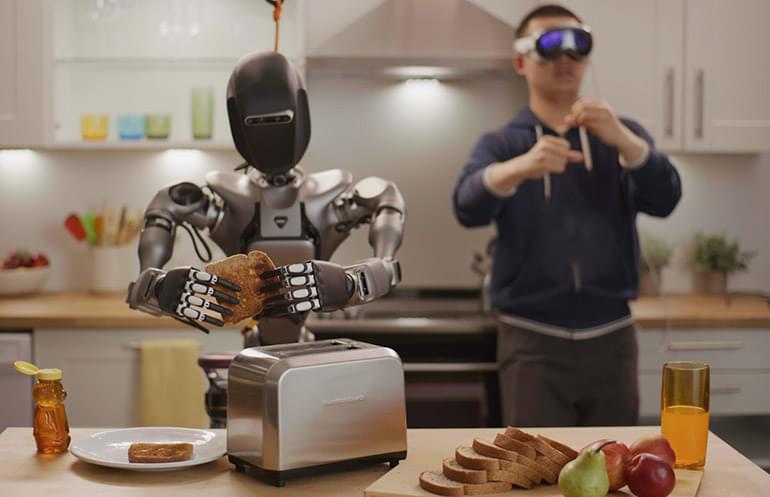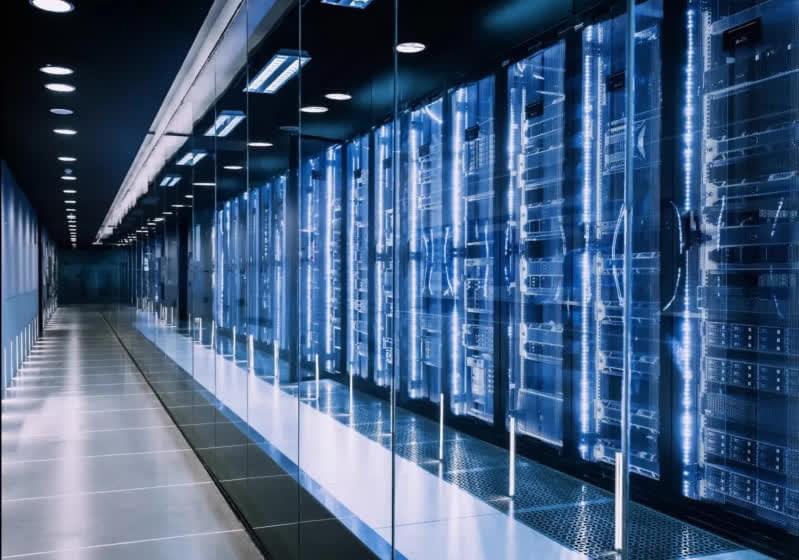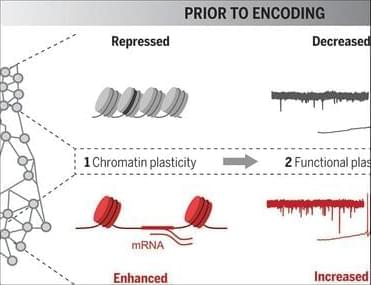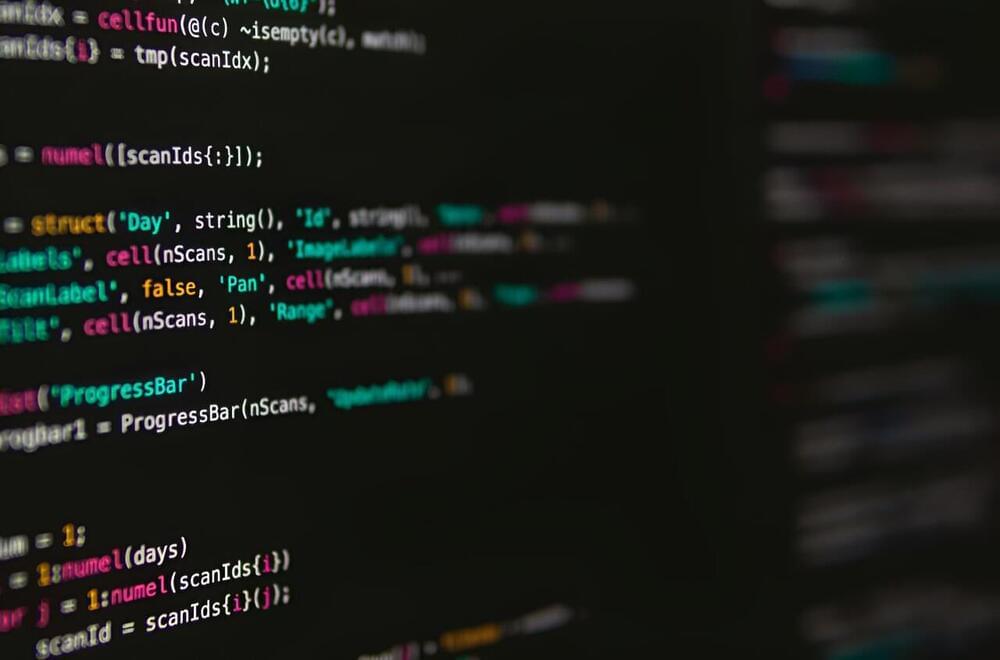Jul 29, 2024
NVIDIA adds tools it says will accelerate development of humanoid robots
Posted by Genevieve Klien in category: robotics/AI
NVIDIA workflows connect real and synthetic data
Training foundation models for humanoid and other robots typically requires large amounts of data, noted NVIDIA. Teleoperation is one way to capture human demonstration data, but it can be expensive and time-consuming, it said.
Continue reading “NVIDIA adds tools it says will accelerate development of humanoid robots” »















